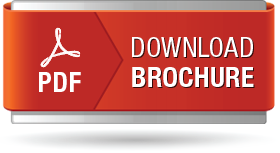Adalet Elcin Yildiz
University of Health Sciences, Turkey
Title: Efficacy of novel reduced volume oral contrast-enhanced computed tomography protocol for detection of early leaks after sleeve gastrectomy for obesity
Biography
Biography: Adalet Elcin Yildiz
Abstract
Obesity is a modern world epidemic and 50% of European population between 35-65 years are either overweight or obese. Sleeve gastrectomy gained popularity as a practical obesity surgery technique. One of the most drastic complication after sleeve gastrectomy is staple line leak, occurring between 1 and 3% of patients. Prompt management of staple line leak is essential in avoiding prolonged hospital stay and mortality. Recent studies showed that upper gastrointestinal series with water-soluble contrast medium has low sensitivity for detection of leaks. In case of clinical suspicion of a leak, computed tomography (CT) scan with oral contrast medium is recommended. But there is not enough prospective data on efficacy and methodology (timing, volume of oral contrast, etc) of routine CT after sleeve gastrectomy. Our objective was to prospectively evaluate efficacy of upper abdomen CT on postoperative day three after sleeve gastrectomy using only 50 cc oral water soluble contrast medium in 500 cc of drinking water. Patients were instructed to drink the last 50 cc of water just before lying on a gantry. For this purpose, 168 patients who underwent laparoscopic sleeve gastrectomy were included in the study. Patients were started with oral feeds if computed tomography was negative for a leak and discharged. They were followed as outpatient on 1st, 3rd, 6th and 12th months. None of the patients with a CT negative for a leak had clinically manifest leak on follow-up (Senstivity 100%). Our study showed that using only a minimal amount of oral contrast medium, accurate timing and only with upper abdomen sections, leaks can be detected with high accuracy.

